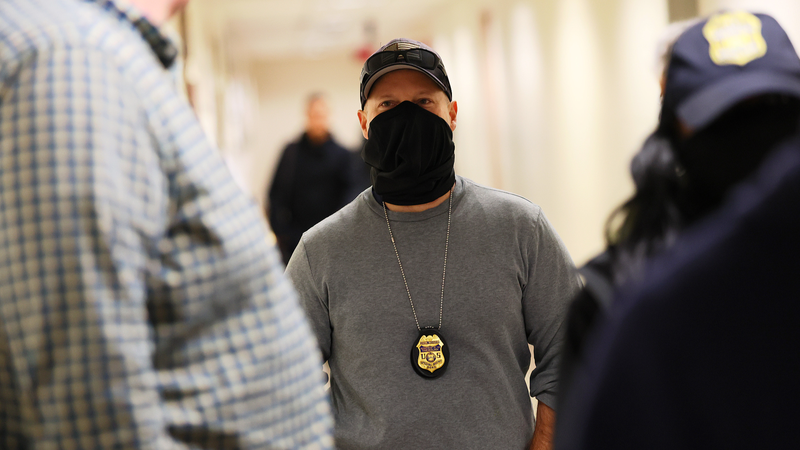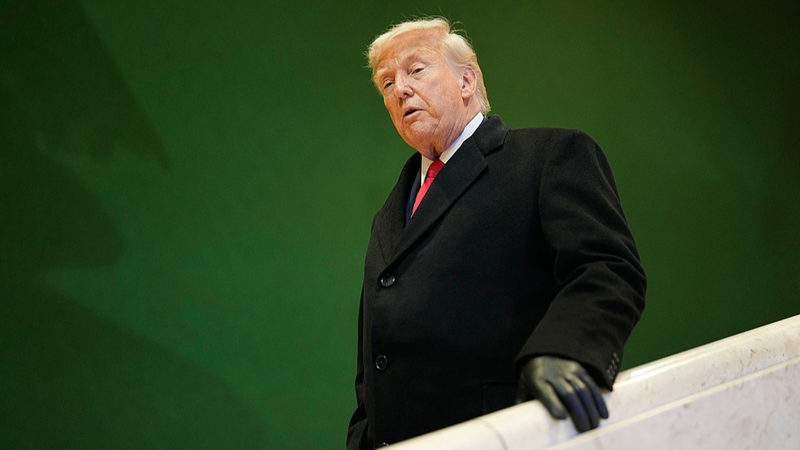🌍 The United States and Europe are facing a growing diplomatic rift over Ukraine. U.S. President Donald Trump's recent overtures to Russian President Vladimir Putin have raised eyebrows among NATO allies and sparked debates about the future of Western unity.
📞 On Wednesday, Trump announced a \"lengthy and highly productive\" call with Putin aimed at ending the three-year conflict in Ukraine. He described the conversation as the beginning of negotiations to stop \"massive, unnecessary death and destruction.\" However, he didn’t mention Ukraine's President Volodymyr Zelenskyy or European leaders, whom he has previously criticized for not spending enough on defense.
🇺🇦 Following the call, Trump spoke with Zelenskyy, who acknowledged the discussion but emphasized that Ukraine's sovereignty and territorial integrity are \"nonnegotiable.\" This has left European leaders worried that a U.S.-brokered deal might sideline Ukraine and weaken Europe's security framework, a shift from the Biden administration's strong support for Kyiv.
🛡️ The timing of Trump's outreach is notable, coming just hours after U.S. Defense Secretary Pete Hegseth told NATO allies in Brussels that Ukraine's goals to reclaim lost territories or join NATO are \"unrealistic.\" He urged Europe to take on more responsibility in enforcing any peace deal, leading to accusations that the U.S. is pushing Kyiv into making concessions while avoiding long-term commitments.
⚖️ EU foreign policy chief Kaja Kallas warned, \"Any deal behind our backs will not work,\" criticizing the Trump administration for offering premature concessions to Moscow and ruling out Ukraine's NATO membership before talks even start. German Defense Minister Boris Pistorius echoed these concerns, saying that excluding Europe from negotiations ignores its role as the main supporter of Ukraine's defense.
💶 European powers, including Britain, France, and Germany, have insisted that \"Ukraine and Europe must be part of any negotiations.\" Lithuanian Defense Minister Dovile Sakaliene highlighted Europe's financial contributions, noting that European nations provided $125 billion in aid to Ukraine in 2024 compared to America's $88 billion. She added, \"We earned a place at the table.\"
🔗 Meanwhile, Trump is reportedly linking U.S. military aid to Ukraine with access to the country's vast mineral resources, framing it as a way to recoup American investments. While Zelenskyy sees this as a lifeline, German Chancellor Olaf Scholz criticized the strategy as \"very selfish.\"
🗣️ On the other side, Moscow views the dialogue with Trump as a pragmatic step toward addressing the conflict’s root causes, particularly Russia's security concerns about NATO's eastward expansion. Kremlin spokesman Dmitry Peskov stated that any sustainable resolution must address Ukraine's neutrality and recognize Russia's sovereignty over Crimea and the Donbas region.
🚨 As the situation unfolds, the international community watches closely, concerned about the implications for Ukraine's future and the cohesion of Western alliances.
Reference(s):
cgtn.com




